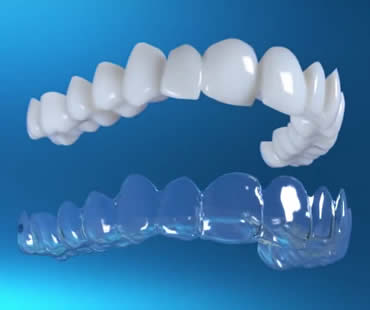Dentists today are no longer focused only on looking for tooth decay and correcting oral health issues. Cosmetic dentistry also offers smile makeovers, which is the process of using various procedures and treatments to create a brand new smile.
There are many things that go into an appealing smile. Ideally, your bite should fit together properly, teeth should be straight and white, gums should correspond with your teeth well, and more. When one or more of these factors isn’t there, your smile may not the one you’ve dreamed of having. A smile makeover can take care of all that.
Teeth whitening
Teeth that are yellowed and dingy can make an otherwise nice smile look uncared for and unhealthy. Transforming stained dull teeth into shiny pearly whites can make a huge impact. Professional teeth whitening is a simple and effective way to boost your smile in just an hour.
Reshaping teeth
If your issue involves the shape or size of your teeth, bonding or porcelain veneers can come to the rescue. Teeth that have been worn down from years of use or bad habits can be restored, or the edges of teeth that aren’t uniform can be corrected. Bonding may be done in a short time in one dental visit, and veneers takes a few weeks but can dramatically change your smile.
Gum contouring
Your gums might be too high or too low on your teeth, creating an appearance of teeth that are too large or small. Gum contouring restructures your gums so that they fall in a more appealing place along your teeth, forming a nice line in a better location.
Misalignment
A great smile begins with a proper bite, so making sure your teeth fit together correctly when your mouth is closed is an important element of a smile makeover. If your bite or your teeth need to be realigned, you might choose Invisalign clear aligners. This innovative system provides an alternative to traditional braces and allows correction without cumbersome or embarrassing metal in your mouth.
We treat patients from Weymouth and the surrounding area









